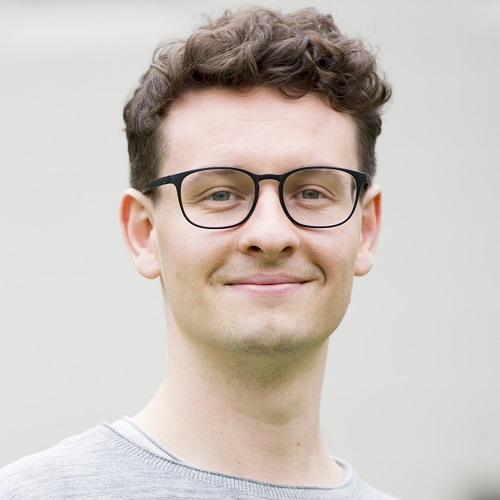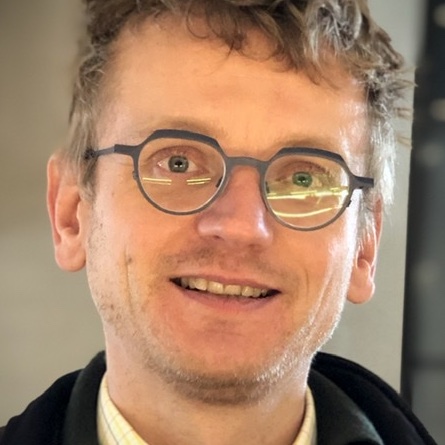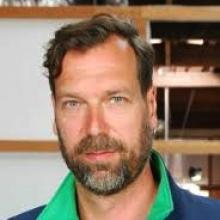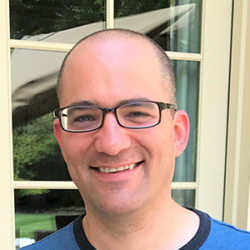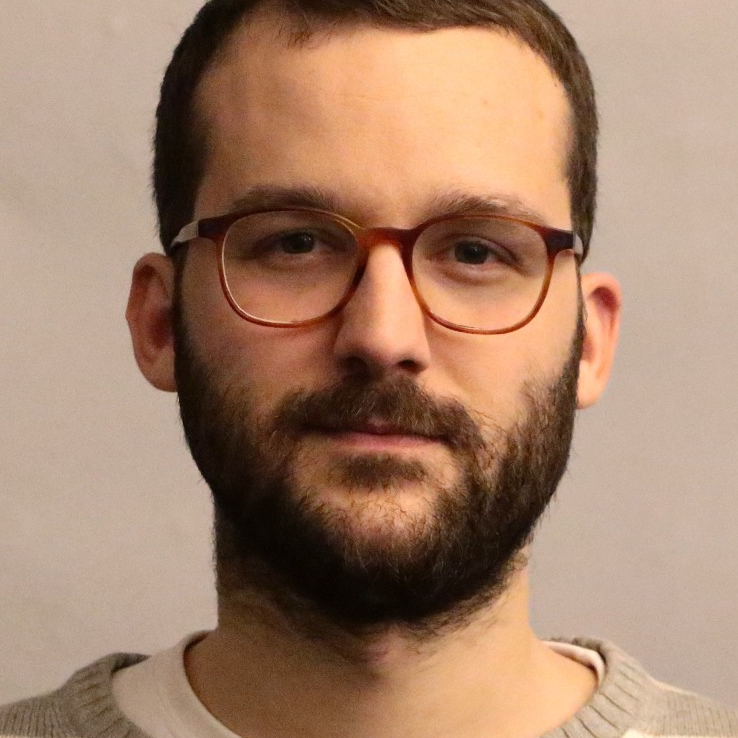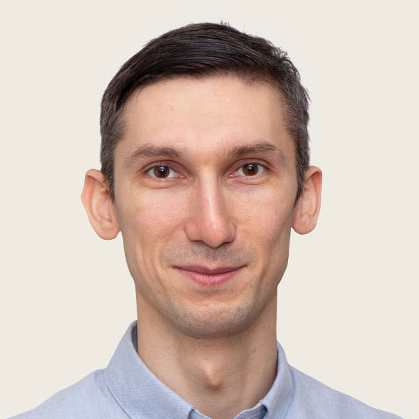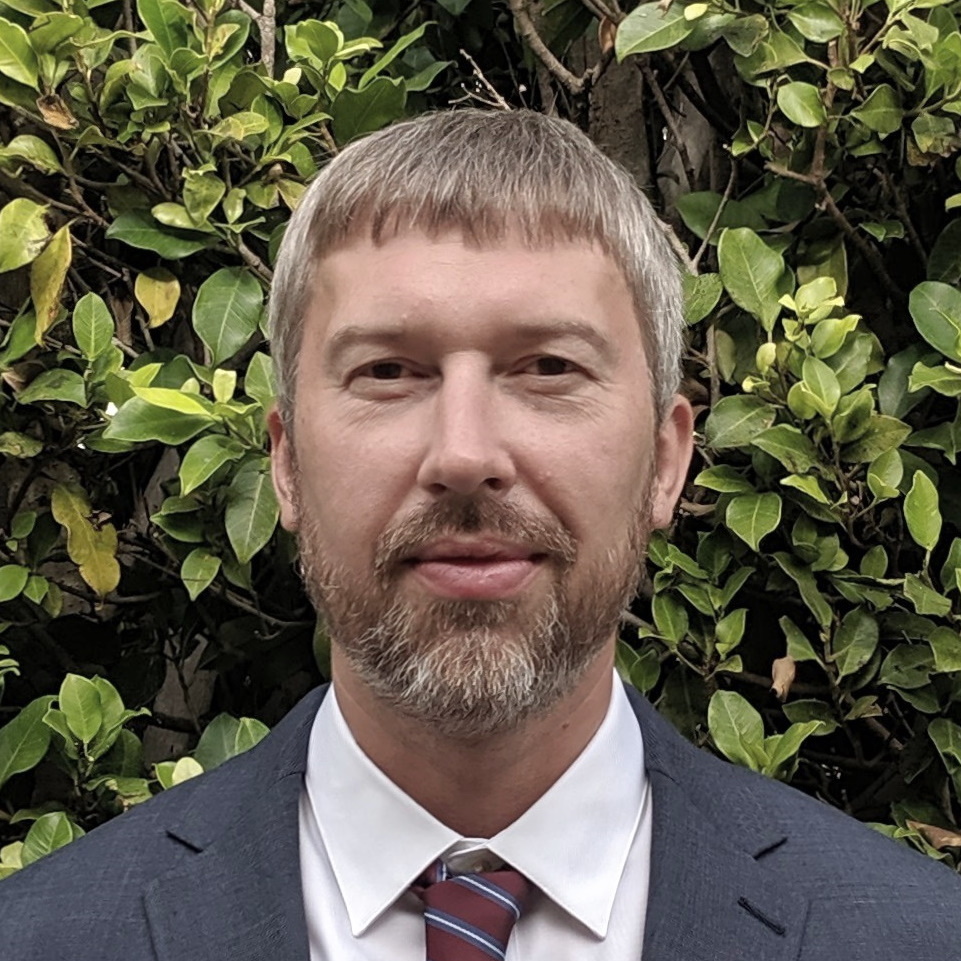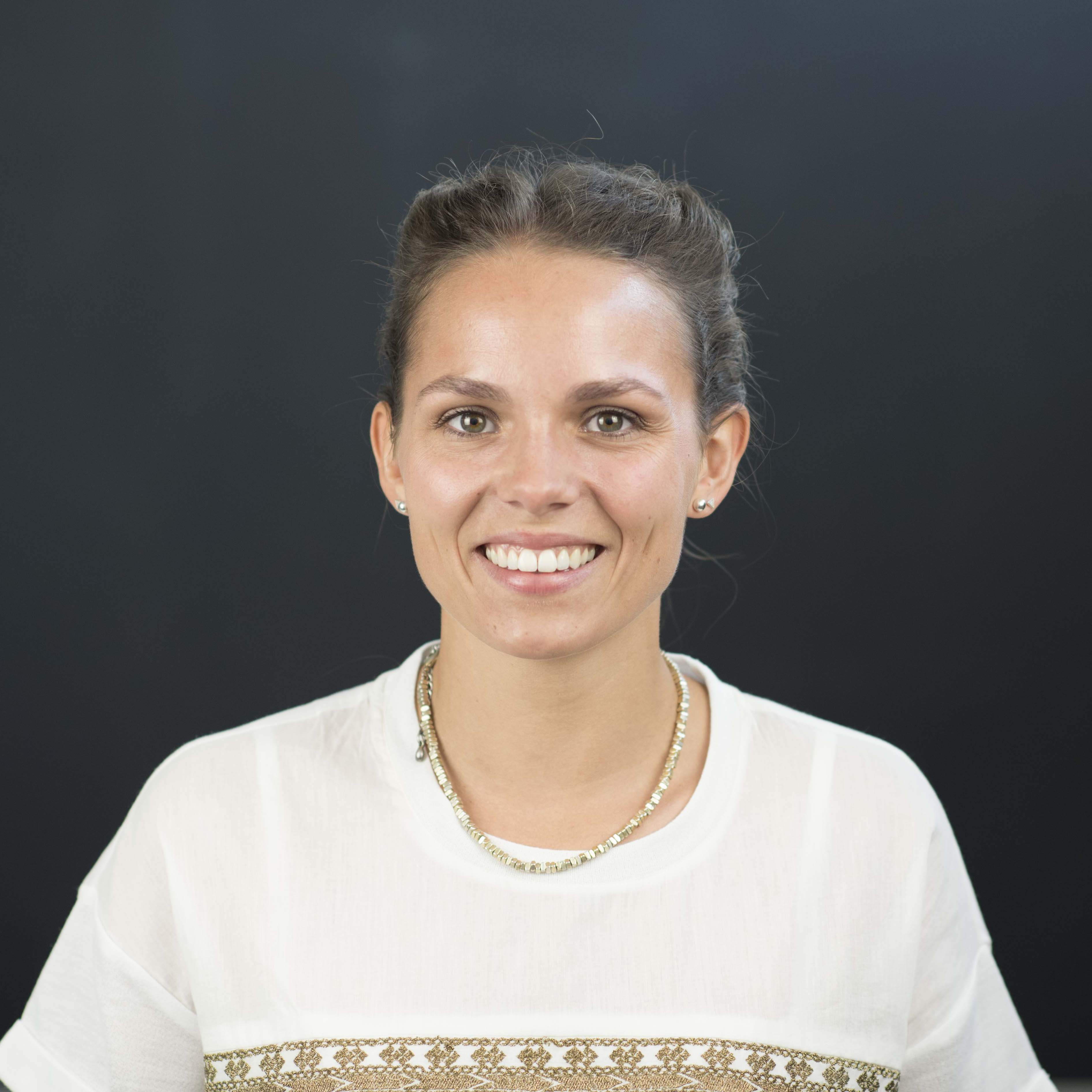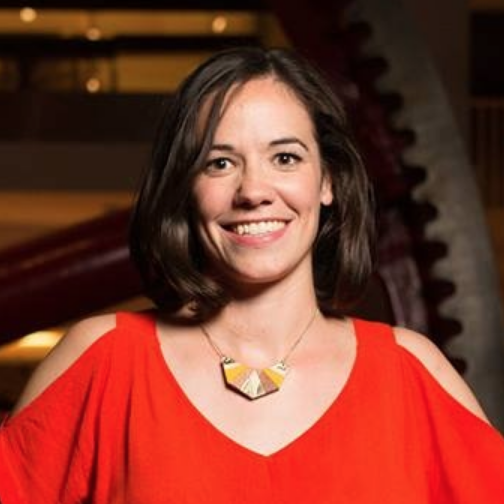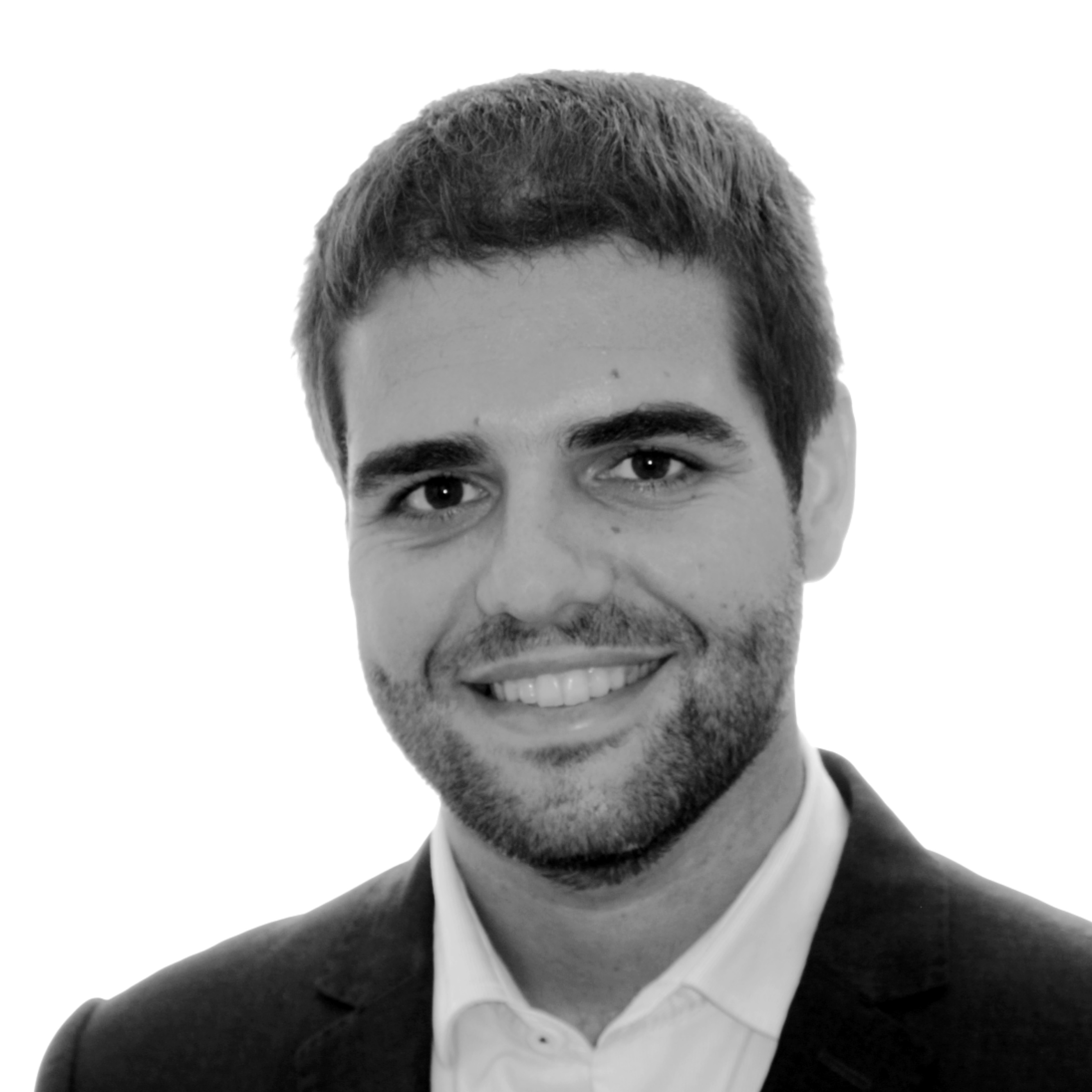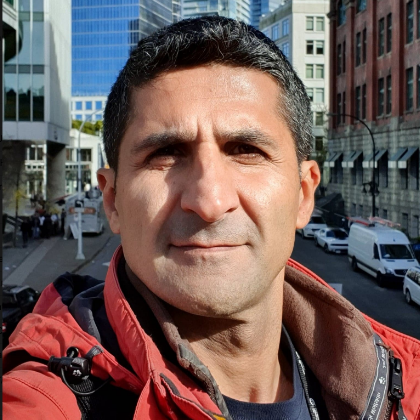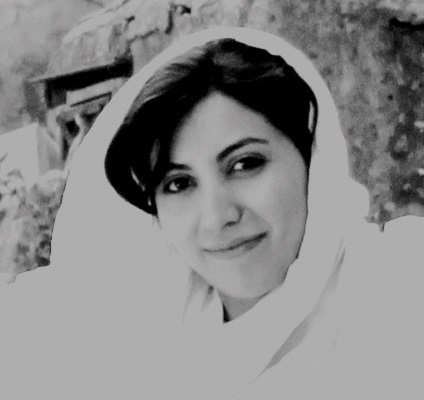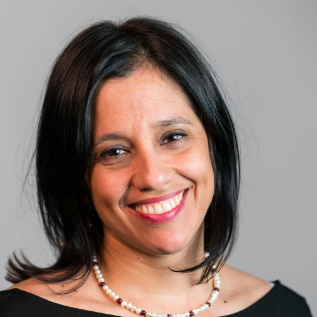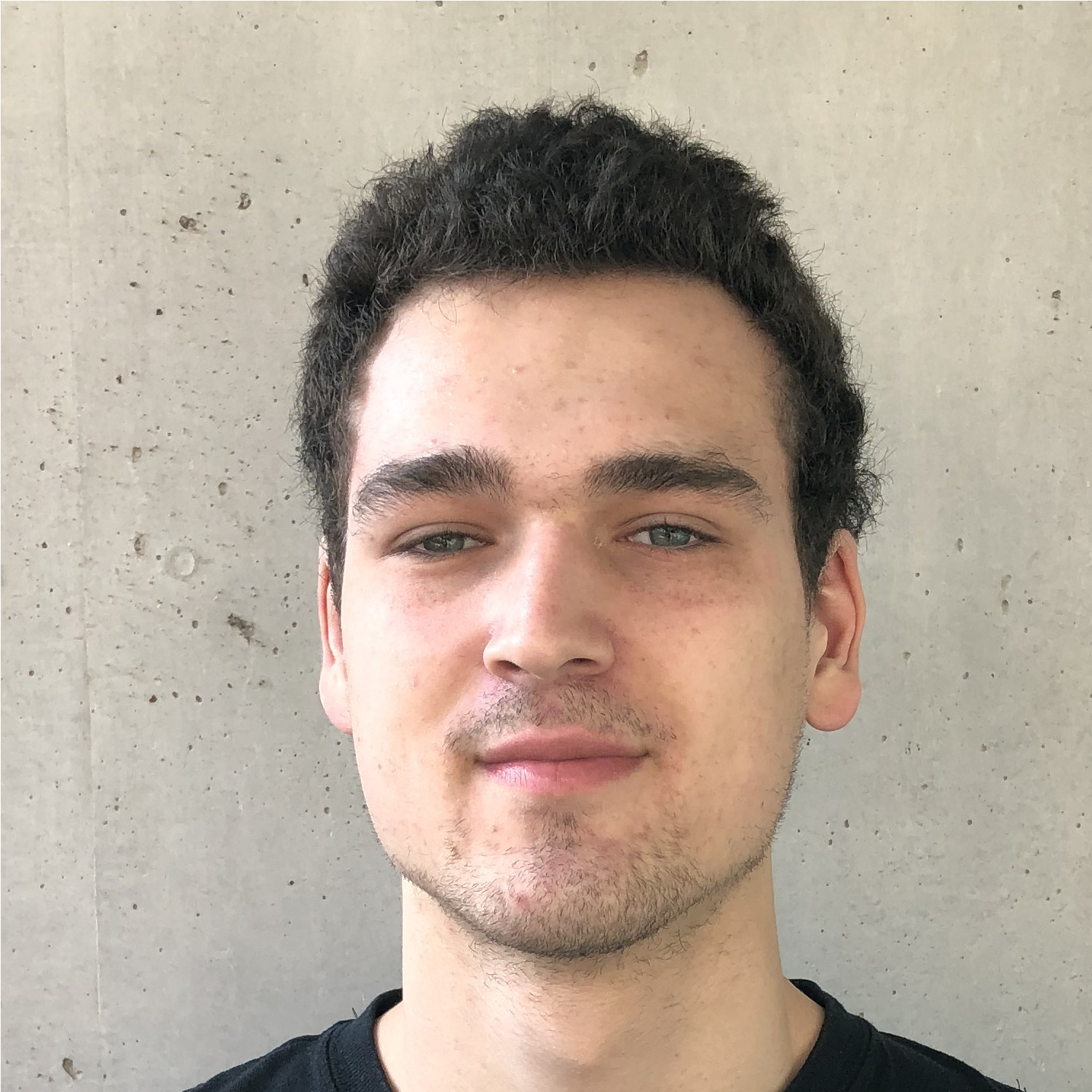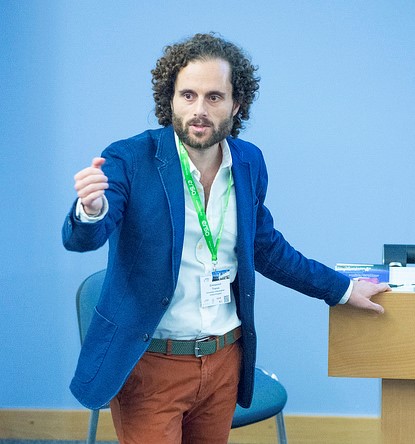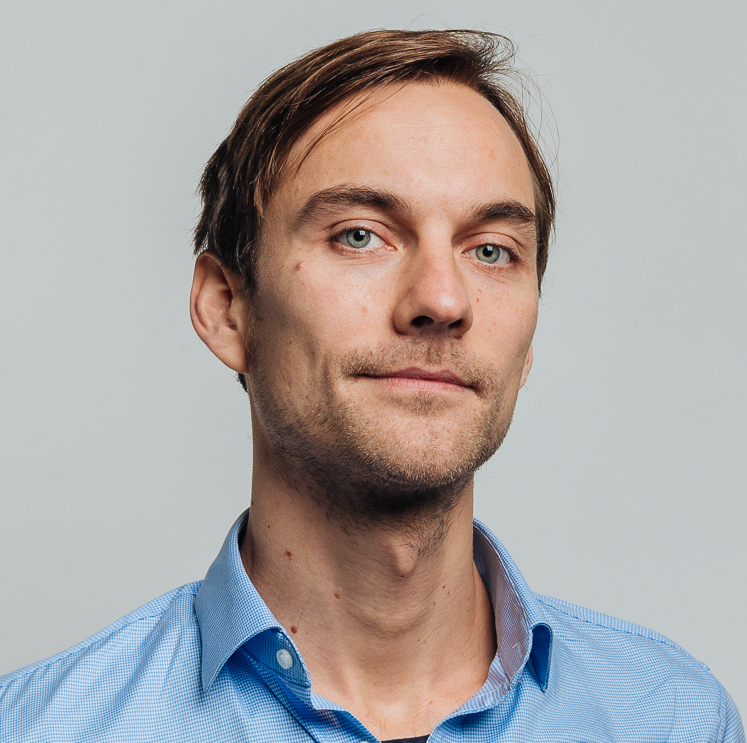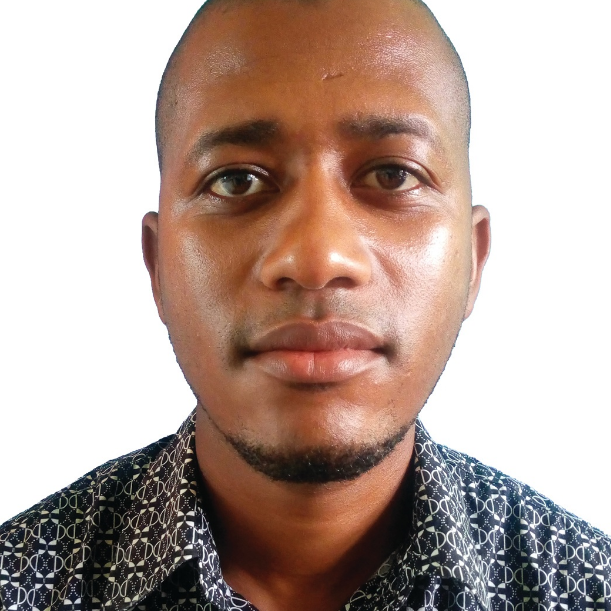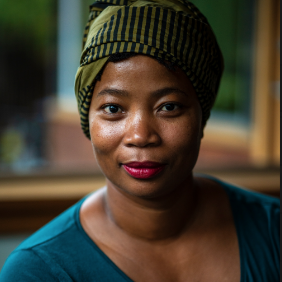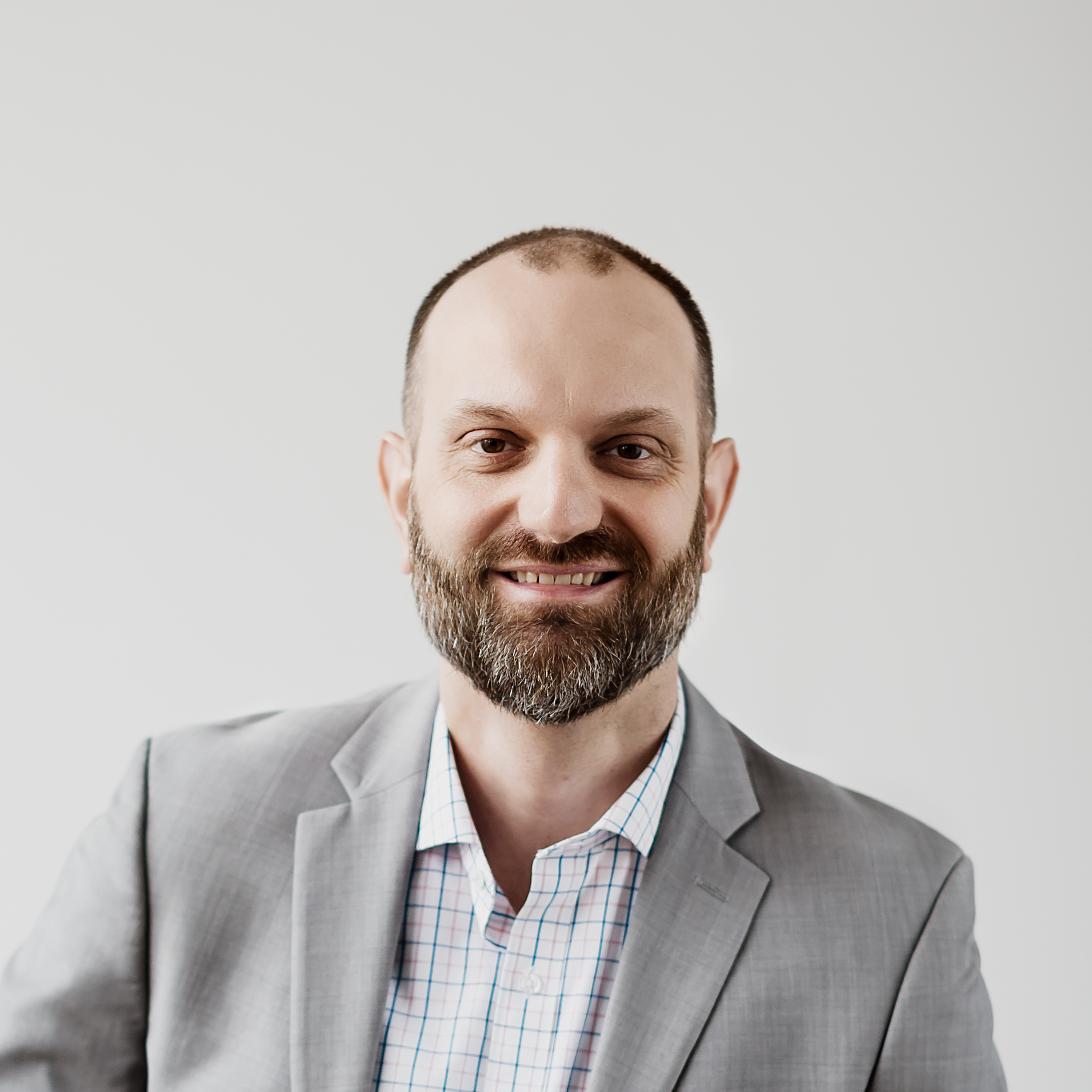Urban Computing for Sustainable Urban Systems
With Marta Gonzalez
POSMO – Mobility Tracking with Machine Learning
With Roger Fischer & Valery Fischer
Machine learning for travel mode detection
With Roman Prokofyev
Graph neural networks and reinforcement learning in traffic optimization in cities
With Kamil Kaczmarek
Using global positioning system to improve humans’ physical activity type detection in the urban environment
With Hoda Allahbakhshi
Knowledge graph construction for semantic trajectories and knowledge extraction in the context of mobility, place, and health
With Doori Oh
Break
Location Intelligence in urban planning: Making better decisions with the use of human mobility data
With Javier Pérez Trufero
Integrating Gender Expertise into Urban Infrastructure Production
With Ellie Cosgrave
Digital Twins and Smart Cities – high frequency data for long-term urban policy?
With Jens Kandt
Modelling clusters from ground up: a web data approach
With Emmanouil Tranos
Data and Cities: Experiences in Chicago and Roadmap to the Future
With Nick Lucius
Rocket, pocket and socket: Utilizing diverse data sources for smart and resilient cities
With Nyalleng Moorosi, Marta Gonzalez, Nicholas Jones & Ran Goldblatt
Automatic identification of eyewitness messages on Twitter during disasters
With Kiran Zahra
Trends of Machine Learning in Zanzibar, Tanzania subsequently Zanzibar Mapping Initiative
With Yussuf Said Yussuf
Break
Understanding African Cities through Remote Sensing
With Nyalleng Moorosi
Deep Learning for feature extraction from point clouds
With Dmitry Kudinov
DetecTree: a Python library for tree detection from aerial imagery
With Martí Bosch
Predicting OSM Coverage by Means of Remote Sensing
With Ran Goldblatt
Building Modeling Optimization using Machine Learning
With Camille Lechot
Wrap-up
With Konstantin Klemmer, Nicholas Jones, Shin Koseki & Eun-Kyeong Kim
